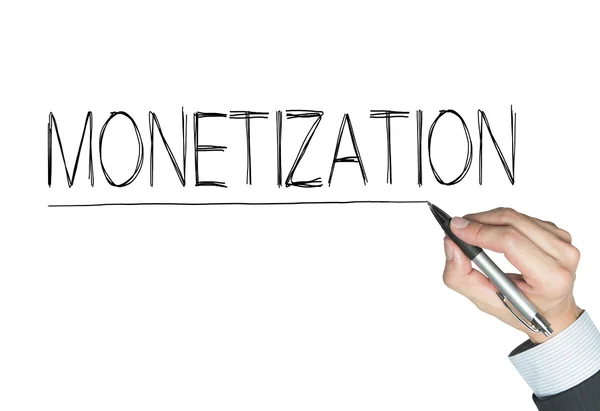What drives most developed economies in Africa and the world at large is good leadership. Monetisation of politics scraps us off that constitutional right of electing leaders who have the best leadership qualities and values, since the masses are always hood-wicked with temporally valuables that always diminish in a short period of time.
According to the 2022/2023 report by the Prevalence Of Corruption In Uganda, corruption cases are highly dominant in the central government. The report further says that corruption in the public sector is mostly exhibited through bribery (27%), embezzlement (17%), Favouritism (11%), and Nepotism (10%).
Advertisement.

The report also shows that this is not very common at the district level as it is in the central government and it highlights it’s causes to be greed which is at (50%), poor supervision of workers which is at (9%), law salaries at (8%) lack of stringent punishments for the corrupt at (8%) and moral decadence at (7%).
Monetisation of politics doesn’t give us a realistic analysis of how we are growing economically as a country, since most leaders are always working towards recovering their money they invested to get into those positions of leadership.
The unequal distribution of opportunities is among the biggest drivers of unemployment and also a cause of the high levels of poverty, especially in developing countries. Monetisation of politics widens this this gap since opportunities only come back to those who are already doing well economically.

Identifying our problems as a country also becomes hard when our politics are monetised. This is because the people who are well versed with the problems of their fellow community members are not given a chance to participate fairly in the leadership and governance of their areas.
When it comes to political parties, monetisation of politics puts the sustainability of their ideologies at a risk of being washed away or forgotten, the moment their parties run out of resources of paying off people who push their agenda, yet they lack fully understanding of the party’s ideology, spirit and solidarity.
Another point to consider, is the fact that in a country where irregular recruitment of government employees is at 84%, no one is sure whether the quality of work produced by these illegally recruited public servants is of the standards set by the government quality assurance guidelines.
Advertisement.

Finally, no country has ever equally developed without strict regulations and laws on the use of money in their electoral processes. But as we speak, in Uganda, even law enforcers are among the beneficiaries of these political handouts.We should know that monetisation of politics makes it hard for a country to measure it’s gross domestic product ( GDP) since the money gotten by most people in the election period, is usually free money.



